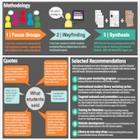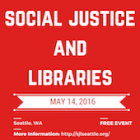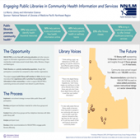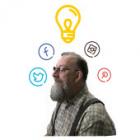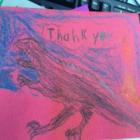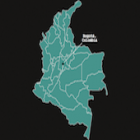
3D Design Club
Seattle Public library is interested in purchasing technolgies for the youth which can be used for learning. One of the projects is the Minecraft club. It is a learning sessions for youth to learn the process of designing characters, prototyping, and creating a story out of the character. In implementing the project, there are information gaps in the management and implementation process. The first one is between librarians familiarity with the content and the purpose of the project. And the other one is between librarians facilitation skills with technology and youth development. To fill these gaps, our capstone group will look at the curriculum of the 3D printer club and try to find ways to revise the curriculum which will make a successful session for the children.

